Mandatory ECCE Training Program in Punjab
Key Points
- The mandatory Early Childhood Care and Education (ECCE) training program in Punjab, organized under the Punjab Human Capital Investment Project (PHCIP) and managed by the Programme Monitoring and Implementation Unit (PMIU) of the Punjab Education Sector Reforms Programme (PESRP), aims to enhance the skills of ECCE caregivers and teachers.
- The program includes hybrid blended training for both leadership (headteachers and Assistant Education Officers) and teachers/caregivers, focusing on innovative teaching strategies and play-based learning.
- Over 9,616 educators have been trained across 11 districts, with the goal of standardizing and improving ECCE quality in Punjab.
- The initiative aligns with global standards set by UNESCO, emphasizing the importance of early childhood education for lifelong learning and well-being.
- The article is designed to comply with Google AdSense policies by providing original, valuable content without prohibited material.
What is ECCE?
Early Childhood Care and Education (ECCE) focuses on the holistic development of children from birth to eight years, covering their social, emotional, cognitive, and physical needs. This period is critical due to significant brain development, making quality ECCE essential for preparing children for future learning and fostering social cohesion.
The Training Program
The mandatory training program targets all ECCE caregivers and teachers in Punjab. It includes two main components: the Hybrid Blended ECCE Leadership Training for headteachers and Assistant Education Officers (AEOs), and the Hybrid Blended ECCE Teacher Training Program for educators. These programs emphasize child development, curriculum planning, and play-based learning, delivered through a mix of online and in-person sessions.
Why It Matters
This training is likely to improve the quality of early childhood education in Punjab by equipping educators with modern teaching techniques. It aims to standardize practices across the province, ensuring all children have access to quality education, which can lead to better learning outcomes and long-term societal benefits.
How to Participate
ECCE caregivers and teachers in Punjab are required to participate and should bring their Computerized National Identity Card (CNIC) for registration. For more details, visit the PMIU-PESRP official website.
Mandatory ECCE Training Program in Punjab: A Step Towards Quality Early Childhood Education
Introduction
Early Childhood Care and Education (ECCE) is a cornerstone of a child’s development, nurturing their social, emotional, cognitive, and physical growth from birth to eight years old. Recognizing the transformative potential of these formative years, the Government of Punjab has introduced a mandatory training program for ECCE caregivers and teachers. This initiative, part of the Punjab Human Capital Investment Project (PHCIP) and managed by the Programme Monitoring and Implementation Unit (PMIU) of the Punjab Education Sector Reforms Programme (PESRP), aims to empower educators with the skills needed to deliver high-quality early childhood education. By aligning with global standards set by organizations like UNESCO, this program seeks to ensure that every child in Punjab receives a strong educational foundation.
Understanding ECCE
ECCE, as defined by UNESCO, encompasses the holistic development of children from birth to eight years, a period marked by rapid brain development. Quality ECCE programs foster emotional well-being, social skills, cognitive growth, and physical health, preparing children for primary school and beyond. According to UNESCO, ECCE is not just about academic preparation but also about promoting gender equality, social cohesion, and long-term economic productivity. Despite its importance, ECCE often faces challenges such as limited funding and policy prioritization, making initiatives like Punjab’s training program critical.
- Key Benefits of ECCE:
- Enhances cognitive and social-emotional development.
- Prepares children for formal schooling, reducing dropout rates.
- Supports health and nutrition, contributing to overall well-being.
- Promotes long-term societal benefits, including a skilled workforce.
For a deeper understanding of ECCE, explore UNESCO’s ECCE resources.
The PMIU-PHCIP-PESRP Initiative
The Programme Monitoring and Implementation Unit (PMIU) is a pivotal entity within the Punjab Education Sector Reforms Programme (PESRP), established to drive education reforms since 2003. PMIU focuses on improving access, quality, and governance in Punjab’s education system through data-driven decision-making and partnerships with stakeholders like the World Bank and UNICEF. The Punjab Human Capital Investment Project (PHCIP), a key initiative under PMIU, targets enhanced health and education services for vulnerable populations across 12 districts in Punjab, including Muzaffargarh, Bahawalpur, and Rahim Yar Khan.
Within PHCIP, the education component emphasizes ECCE, aiming to provide quality early childhood education to children aged 3 to 5 years. This includes refurbishing 3,400 ECCE classrooms and developing teaching resources like the ECCE Learning Framework and Assessment Framework. The mandatory training program is a cornerstone of this effort, designed to equip educators with modern pedagogical skills.
Learn more about PHCIP at the Punjab Social Protection Authority.
The Mandatory Training Program
The mandatory training program for ECCE caregivers and teachers is a strategic effort to standardize and elevate early childhood education across Punjab. Announced by the All Punjab ECCE Caregivers & Teachers Forum, the program requires all ECCE educators to participate, bringing their Computerized National Identity Card (CNIC) for registration. The training is part of the broader PHCIP initiative and includes two key components:
- Hybrid Blended ECCE Leadership Training: This program targets headteachers and Assistant Education Officers (AEOs), equipping them with leadership and management skills to oversee ECCE centers effectively. It focuses on creating a supportive environment for early learning.
- Hybrid Blended ECCE Teacher Training Program: Aimed at teachers and caregivers, this program has trained 9,616 educators across 11 districts in Punjab. It emphasizes innovative teaching strategies, play-based learning, and child-centered pedagogies.
Program Details
- Target Audience: All ECCE caregivers and teachers in Punjab.
- Training Components:
- Child development and psychology.
- Curriculum planning and implementation.
- Classroom management and assessment techniques.
- Play-based learning and innovative teaching strategies.
- Delivery Mode: Hybrid blended, combining online and in-person sessions for flexibility and accessibility.
- Certification: Participants receive certifications upon completion, enhancing their professional credentials.
- Modules: The notice mentions “MTs & K6,” likely referring to Master Trainers (MTs) and a specific curriculum or level (K6), though exact details are not publicly specified.
The training is supported by resources developed under PHCIP’s Bunyaad component, including lesson plans and caregiver guides, ensuring alignment with modern pedagogical trends.
Importance of the Training Program
The mandatory ECCE training program is poised to transform early childhood education in Punjab by addressing critical gaps in educator preparedness. Its significance includes:
- Enhancing Quality: By equipping educators with advanced skills, the program ensures that children receive high-quality care and education, crucial for their holistic development.
- Standardizing Practices: The training standardizes ECCE practices across Punjab, ensuring consistency in educational quality regardless of geographic location.
- Long-term Societal Impact: Quality ECCE leads to better learning outcomes, reduced dropout rates, and improved health and nutrition, contributing to a more educated and productive society.
- Empowering Educators: Certifications and skill development enhance educators’ professional growth, boosting their confidence and career prospects.
The program also aligns with global goals, such as Sustainable Development Goal 4 (SDG 4), which emphasizes inclusive and quality education for all.
ECCE Training Program Statistics
| Program | Number Trained | Districts Covered |
|---|---|---|
| Hybrid Blended ECCE Leadership Training | Not specified | Not specified |
| Hybrid Blended ECCE Teacher Training Program | 9,616 | 11 |
Note: Specific numbers for the Leadership Training are not available from public sources.
Frequently Asked Questions (FAQs)
Q1: What is ECCE?
A1: ECCE stands for Early Childhood Care and Education, focusing on the holistic development of children from birth to eight years, including their social, emotional, cognitive, and physical needs.
Q2: Who is eligible for the training program?
A2: The training is mandatory for all ECCE caregivers and teachers in Punjab, as announced by the All Punjab ECCE Caregivers & Teachers Forum.
Q3: What are the key components of the training?
A3: The training covers child development, curriculum planning, classroom management, assessment techniques, and play-based learning strategies, delivered through a hybrid blended format.
Q4: How will the training be conducted?
A4: The training combines online and in-person sessions, offering flexibility and comprehensive learning opportunities.
Q5: Are there any certifications provided upon completion?
A5: Yes, participants receive certifications upon completing the training, which can enhance their professional credentials.
Conclusion
The mandatory ECCE training program in Punjab represents a significant commitment to improving early childhood education. By empowering caregivers and teachers with modern teaching strategies and standardized practices, this initiative ensures that children across the province receive the quality education they deserve. Supported by PMIU-PESRP and PHCIP, the program is a step toward achieving equitable, high-quality education, aligning with global standards and contributing to a brighter future for Punjab’s children. ECCE educators are encouraged to participate actively, bringing their CNIC for registration, and to visit the PMIU-PESRP website for further details.
Citations
- PMIU-PESRP Official Website
- UNESCO on ECCE
- PHCIP Project Details
- Quaid-e-Azam Academy for Educational Development
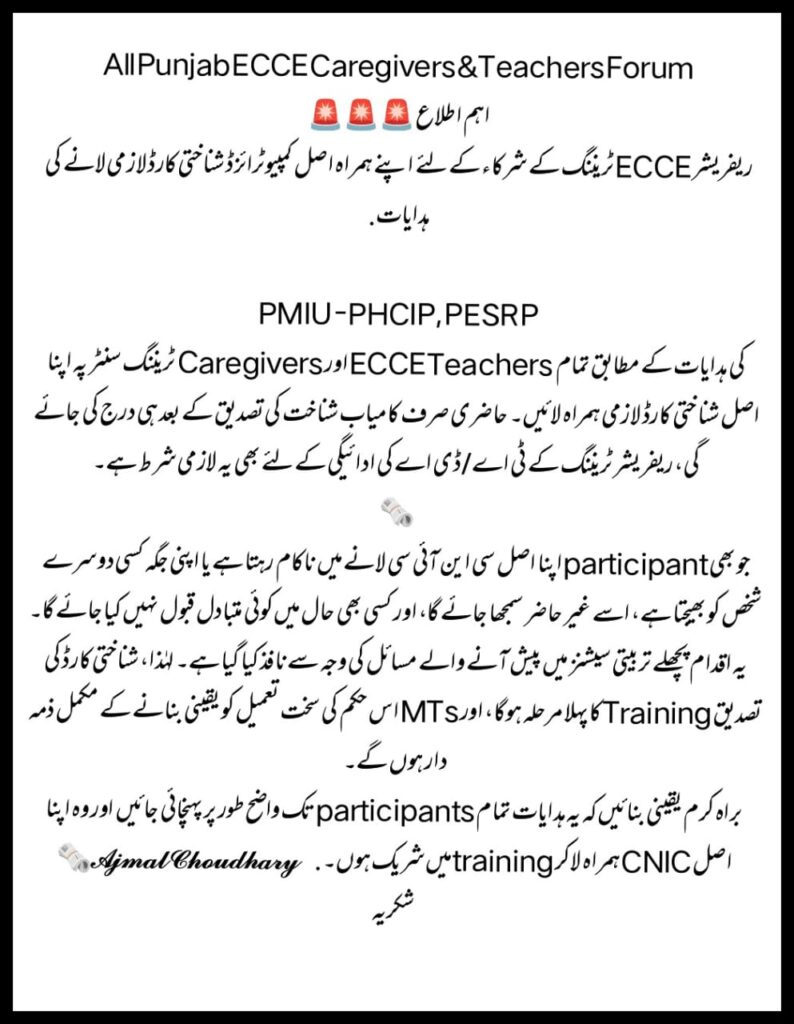
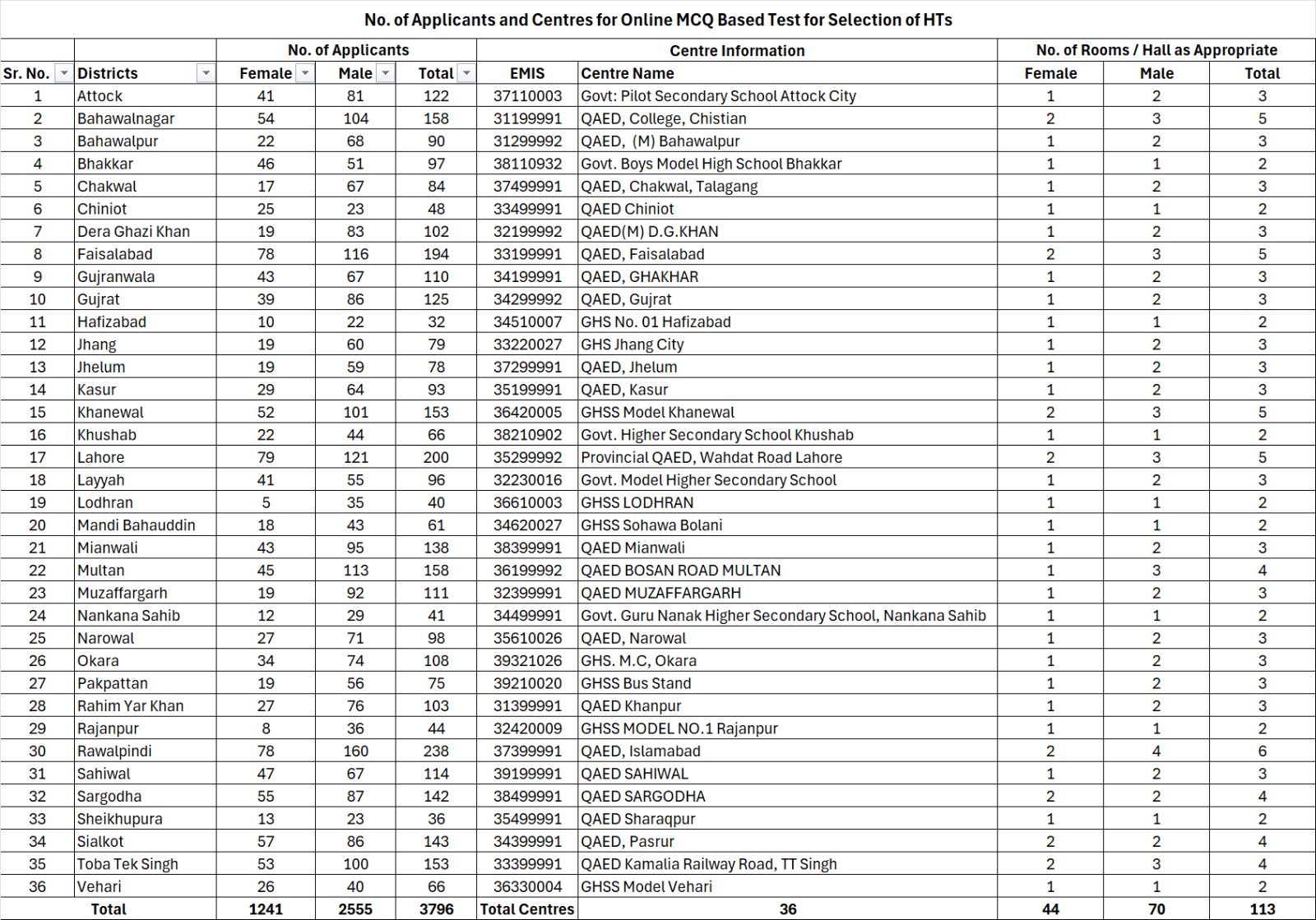
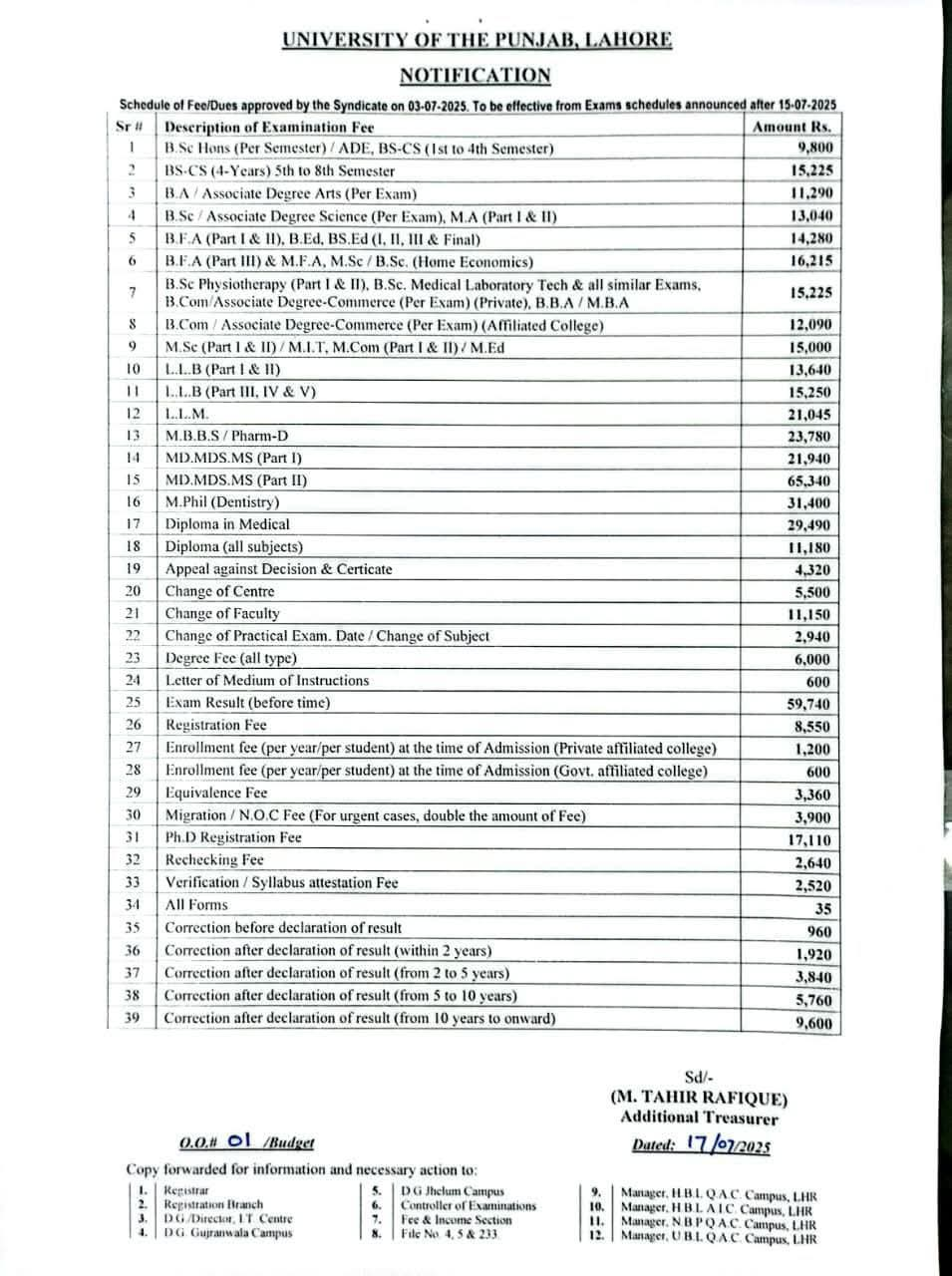
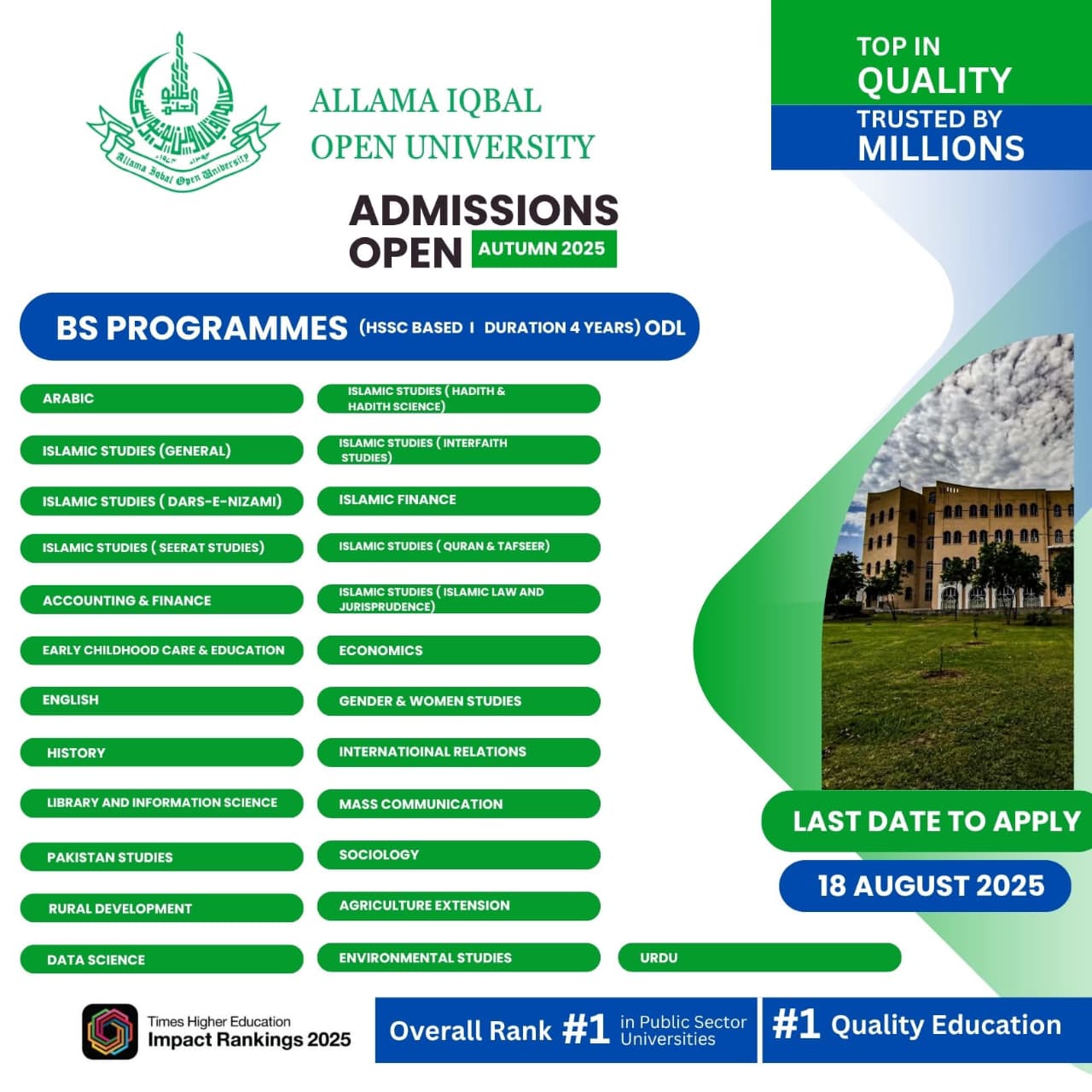
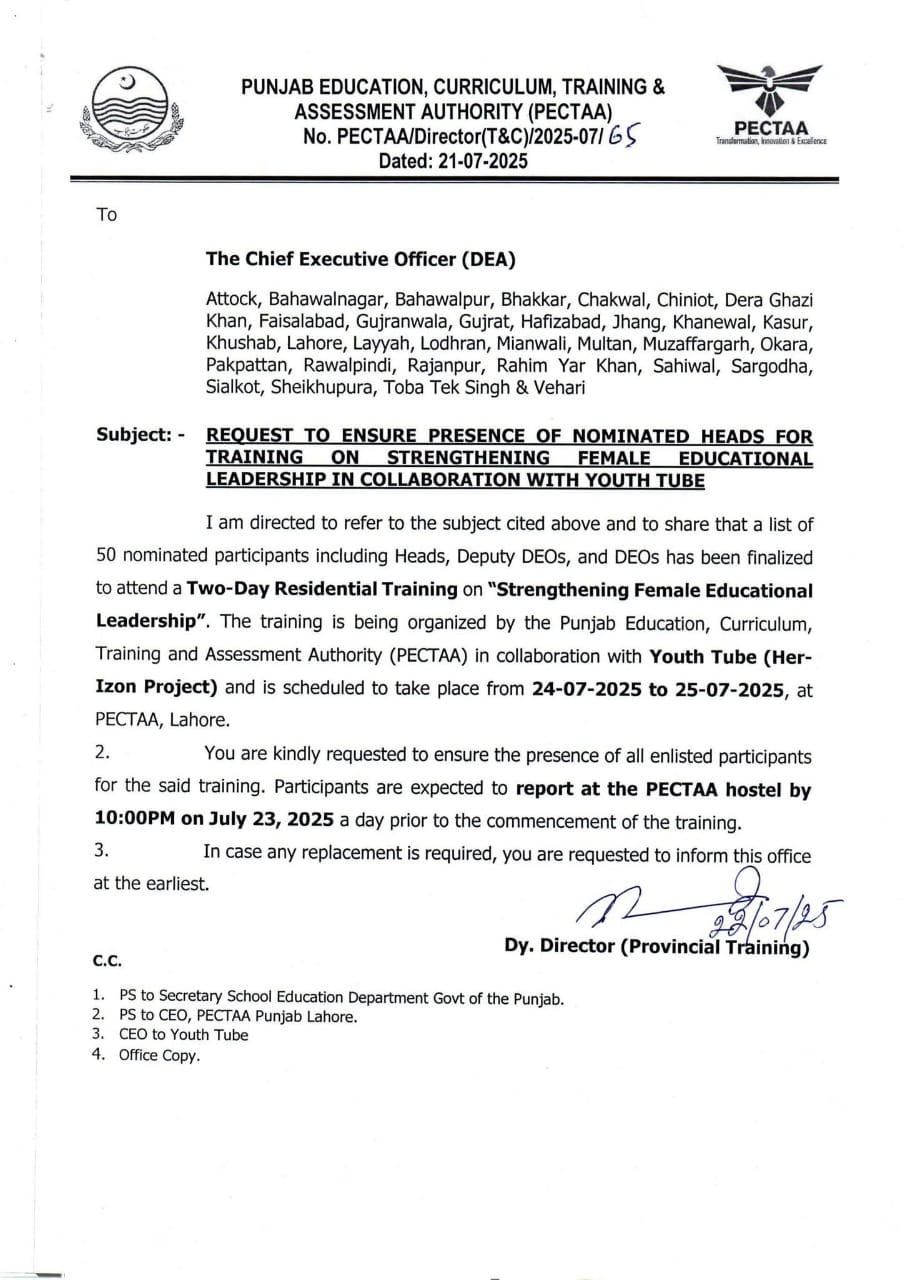
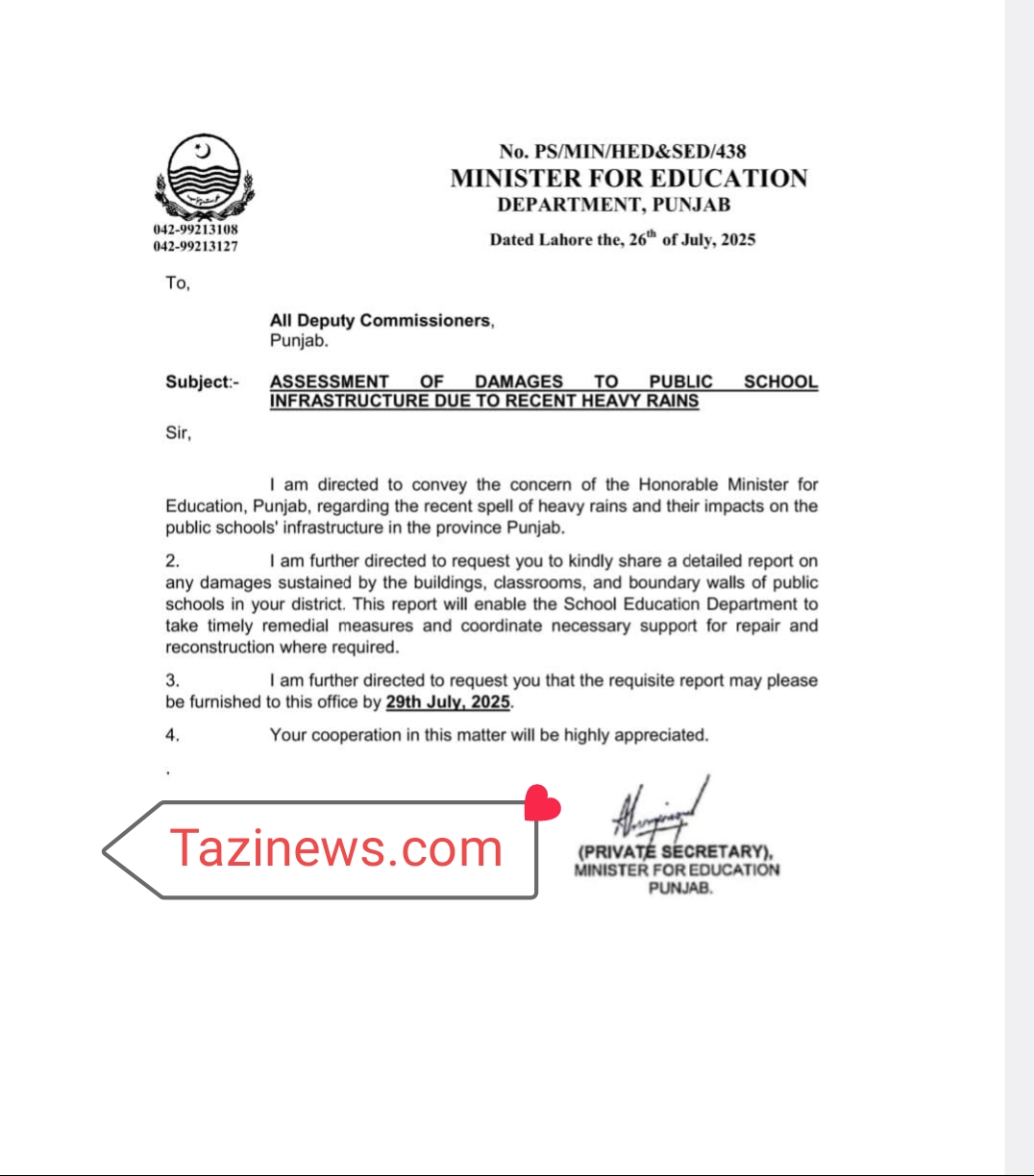


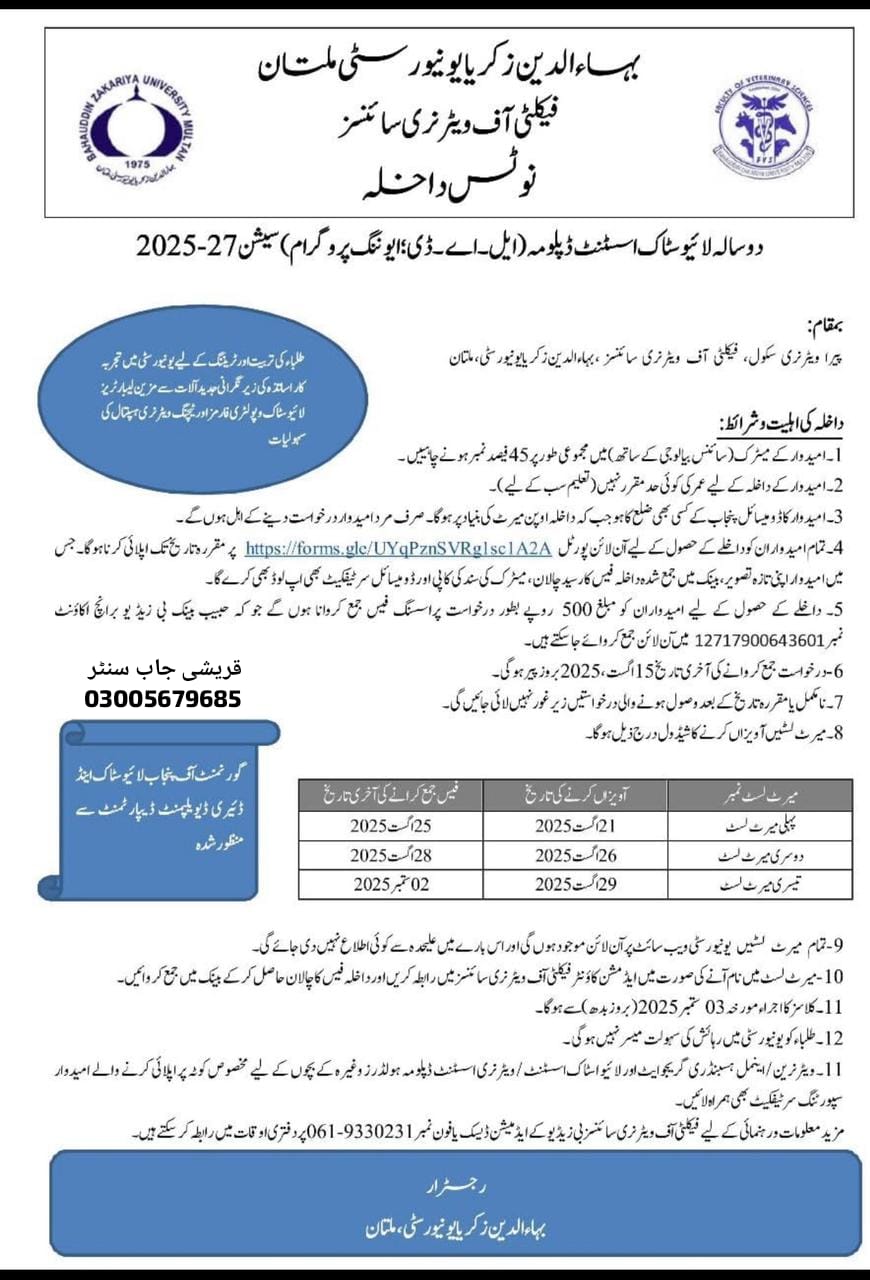
One Comment